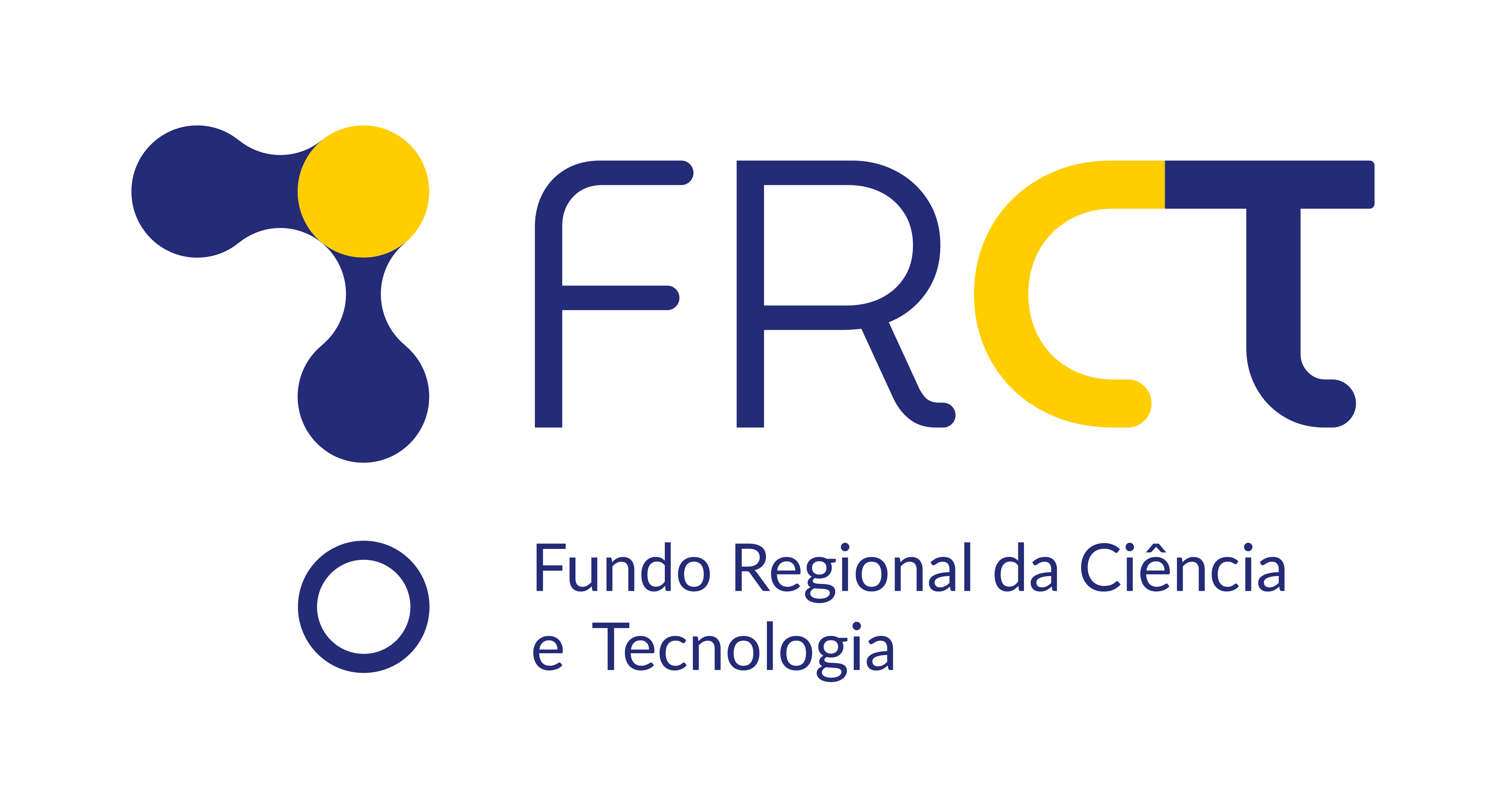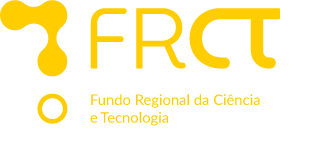Regional Government promotes three workshops on maritime spatial planning in the Azores
10 de Maio de 2018
The Regional Secretary for the Sea, Science and Technology stated in Ponta Delgada that scientific policies “have to be adapted to the reality of each moment,” noting that some initiatives in this area “needed to be restructured and adapted to the current reality.”
Gui Menezes spoke at a press conference for the presentation of four programmes for the 2018-2020 period in the areas of Science and Technology, an investment over 15 million Euros. He stressed that the measures and actions to be implemented “have clearly defined funding sources, goals and indicators to be achieved.”
The Regional Secretary highlighted the Azores’ three million-Euro Science and Technology Internationalisation Plan. It aims to raise external funding for the Region as a way to “effectively leverage regional science.”
“Today, there is no shortage of research support programmes in Europe and that is why we must increasingly attract international projects,” Gui Menezes said, assuring that the Science & Technology Internationalisation Plan is “well structured.”
The Regional Secretary stated that this initiative “comprises a component to support regional research centres so that they may be increasingly eligible to apply for projects and to find suitable [international] consortia in their area of research.” In this regard, he also mentioned the support for participation in meetings and the preparation of projects to “attract fundinf to the Region.”
In addition to “increasing and enhancing research,” this measure will contribute to “overcoming challenges such as climate change, the effective exploitation of our seas and the best use of our terrestrial and marine biotechnological organisms,” stated the Secretary for Science.
According to Gui Menezes, this plan will have “an impact on the Region’s economy and development, contributing to scientific employment” insofar as international projects aim to “attract” researchers.
Transfer + was another initiative presented by the Regional Secretary. It corresponds to an investment of 8.3 million Euros with the aim of enhancing the coordination between the scientific production and innovation of research centres with companies and the economy.
Under this initiative, financial support will be provided to research, development and innovation (RD&I) projects in companies, aligned with the Smart Specialisation of the Azores Network, RIS3, and the creation of research and development units (R&D) together research centres. Moreover, it also includes the awarding of “R&D+ Vouchers” to support entrepreneurial initiatives developed by SME for ideas and product patents as well as the allocation of support for business internationalisation plans and the recruitment of researchers in business context.
The Regional Secretary pointed out that Transfer+ will provide a “significant contribution to scientific employment” in the Azores, since the recruitment of doctoral and postdoctoral researchers is “one of the requirements” to support research projects in business context. In this regard, there are plans to recruit 25 researchers by 2020 under research and development projects in business context and the research and development centres of companies.
The initiatives presented also include the Action Plan for the Scientific and Technological Culture of the Azores (PACCTO Açores), which covers five programmes, representing a global investment of over 2.2 thousand Euros by 2020.
The five programmes are as follows: “Science and Society,” “Science at School,” “Researchers and Public Communication of Science,” “Citizen Science” and “Science and the Media.” They are primarily intended to bring citizens closer to science by familiarising them with scientists and their activities, contribute to the development of the Information and Knowledge Society and motivate young people to scientific and technological themes.
According to Gui Menezes, “society, schools and young people will benefit from specific support to develop their skills in the areas of the future, namely technologies, engineering and robotics.”
The initiative for the Promotion of Digital Skills and Information and Communication Technologies (PRO-TIC), consisting of four measures with a budget of 1.5 million Euros, aims to promote digital literacy and citizenship as well as the development of Information and Communication Technology skills throughout the archipelago.
“With PRO-TIC, we intend to increasingly bring the digital to all citizens,” Gui Menezes said, adding that “it will not be for lack of means that [the Azoreans] will not acquire skills” in this area, which “also contributes to their employability.”
The Regional Secretary stressed that all these new measures will contribute to “the development of the economy, helping to overcome he challenges that still lie ahead.”
“On the one hand, raising funds will be fundamental to leverage the scientific sector in the Region and connected it to the economy and companies and, on the other hand, it will also empower society and young people,” said Gui Menezes.










